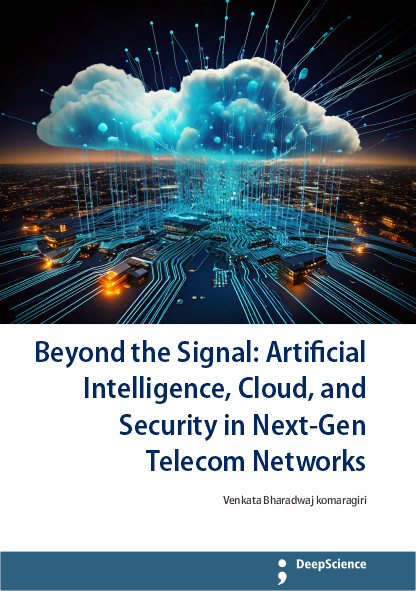Utilizing artificial intelligence to ensure service quality, user satisfaction, and dynamic performance management
Synopsis
The development of artificial intelligence (AI) techniques and associated technologies has generated a lot of interest in the press and has stimulated considerable discussion in terms of the potential impact on existing service provision and contemporary work practices (Cheng et al., 2020; Foukas et al., 2017; Kim et al., 2018). This discussion highlights the transformative capacity and application of AI in several different business sectors. In particular, the hypothesis is that by making use of AI, it is possible to deliver improved quality alongside enhanced cost efficiencies. This represents a balanced pursuit of both effectiveness and efficiency, something that is rarely possible in human settings. Given that AI is yet to become mainstream, there is a requirement for additional empirical work that explores and demonstrates specific areas in which it has the potential to transform modern-day activities. This paper aims to offer some initial empirical work about the use and impact of AI within the services context, where AI can act as a service mediator.
Artificial intelligence (AI) and its primary constituent elements of machine learning and data mining have been central to the theory and practice of computer science for many years. Indeed, the principle of AI as a means of programming computer systems to learn, reason, and generate human-level responses was first noted in the 1950s. Since the 1980s, there has been a noted shift from building AI engines that generate results to those that can generate relatively modest performance in an adequate, satisfactory, and workmanlike manner. This shift in strategy has been a driver for AI applications, including the use of AI within integrated service provision. Using current definitions, AI generally refers to the capability of a machine to imitate intelligent human behavior. In itself, AI encapsulates many different services, including machine learning, whereby AI uses data and algorithms to enable a computer system to learn from experience, meaning that predictions and decision-making can be updated automatically.













